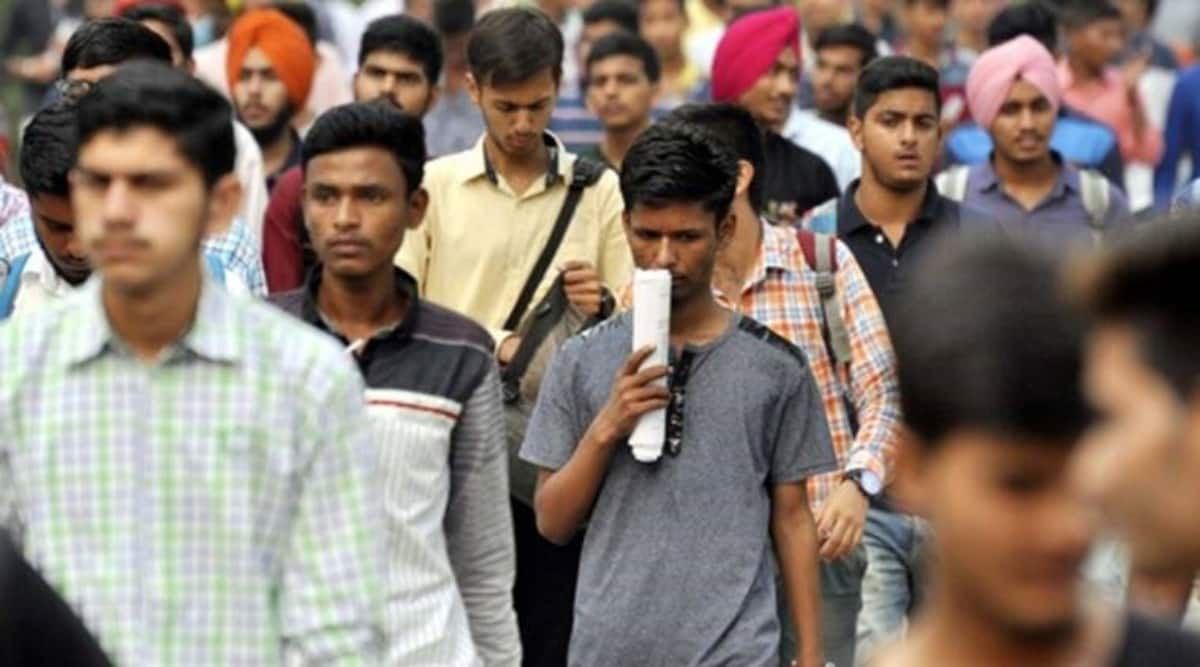Also, there has been an upward trend in intergenerational mobility, but the trend has been weaker for workers belonging to Scheduled Castes and Scheduled Tribes categories as compared to workers belonging to general castes.
For unemployment based on education and age groups, the report stated that 42.3 per cent of graduates under 25 are unemployed whereas the figure stands at 21.4 per cent for those who have completed higher secondary education in the same age group. Notably, with lower educational qualifications, the rate of unemployment also decreased.
Speaking to The Indian Express, Rosa Abraham, co-author of the report and among the principal investigators for the India Working Survey, explained, “There are two things that are potentially happening here– one is of course that as a graduate your aspirations and ambition for the kind of work you want to do and the minimum wage you’d demand is much higher. So if the economy is not generating such jobs, they may choose to be unemployed.”



That’s (above) a good example of argumentation, iliustrating and beeing born out of that other cultural understanding of ethics I’ve talked about.
My answer is: show me that you can learn and think, show me good work ethics and the job is yours. Company will even sent you to (and pay for your) courses. You’ll get my own time to explain things, to give you directions to resourses and themes, your coleagues will teach you on a go whilst collaborating and it all will hapen on company’s time.